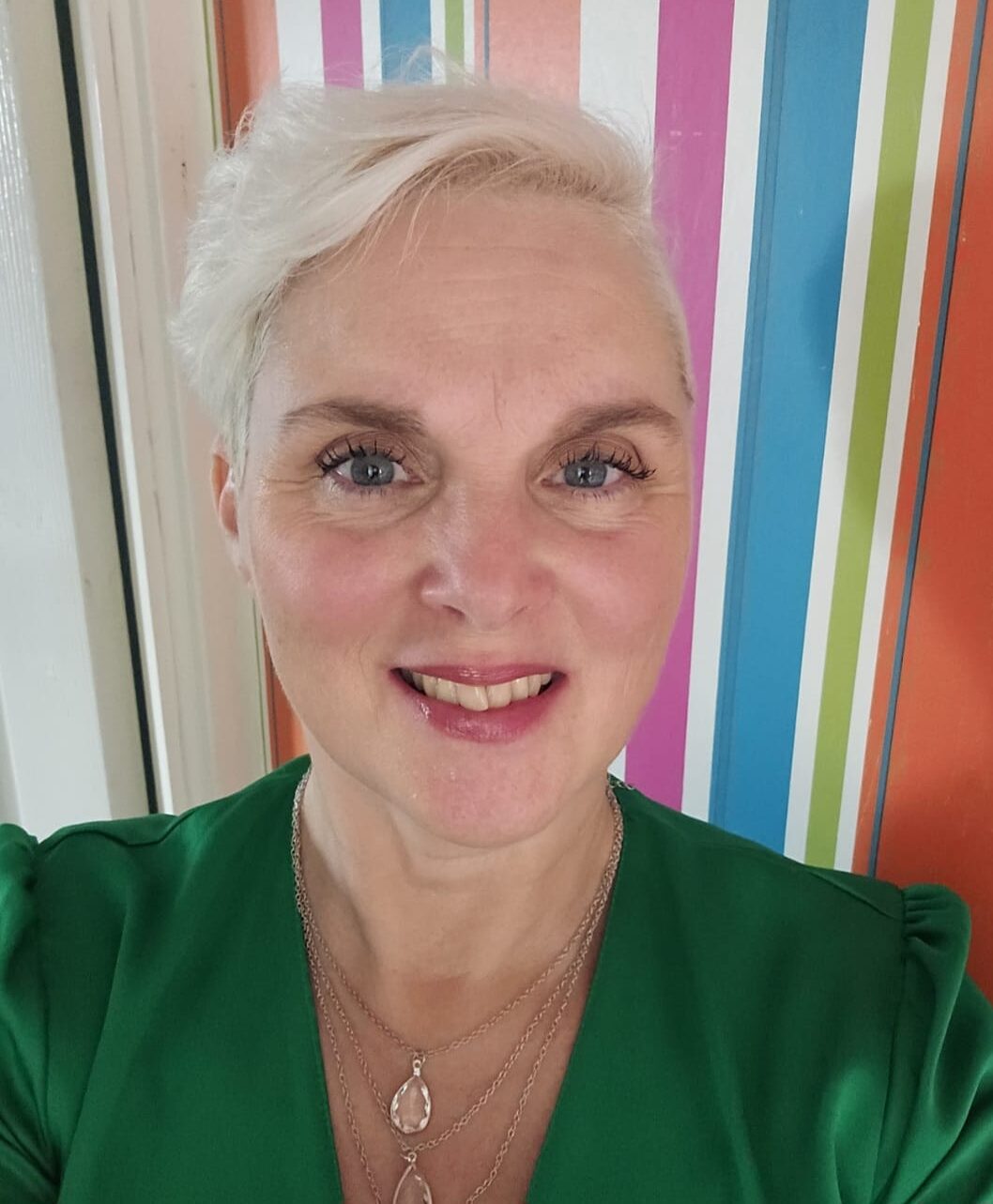Christmas is painted as a season of magic… twinkly lights, cosy moments, perfect memories.
But for so many women — especially in perimenopause and post menopause — it can feel like pressure wrapped in tinsel.
There’s the emotional load, the mental load, the organising, the hosting, the shopping, the remembering. And all of that lands on top of the hormonal shifts that already make your nervous system more sensitive.
If you’ve ever found yourself on the verge of tears because you still haven’t wrapped the gifts, or feeling resentful because everyone else seems relaxed while you’re carrying the entire season… you are absolutely not alone.
Let’s talk about why Christmas feels so stressful, and how you can gently dial it down this year.
Why Christmas can feel heavier during perimenopause
Your stress bucket is already fuller
Fluctuating hormones mean your body’s stress response is more reactive. What you used to take in your stride now feels bigger, louder, more intense. Add Christmas expectations on top… and the bucket can overflow.
The invisible labour intensifies
You are probably the one thinking:
- What food do we need?
- Where are the spare gift tags?
- Who’s getting what?
- Do we have enough chairs?
This constant mental spinning is exhausting.
Old patterns meet new limits
You might still be trying to meet the standards of a woman you no longer are — the one with more energy, more bandwidth, more capacity.
But your body is asking for something different now.
How to gently minimise Christmas stress this year
1. Lower your standards — intentionally
Not everything needs to be perfect.
Good enough is truly enough.
Choose one area you can simplify — gifts, food, wrapping, decorations — and let it be lighter.
2. Share the load (even if it feels uncomfortable)
Ask your partner, kids, siblings, or friends to take on clear tasks.
Not “help me with the food” but “can you make the starter?”
Not “I need support” but “can you wrap these three gifts?”
Delegating isn’t a weakness — it’s a way of preserving your nervous system.
3. Build in micro-rest pockets
Instead of waiting for a big break that never arrives, give yourself tiny moments:
A 5-minute breather in the bathroom
A quick walk outside
Two minutes with your feet up
Breathing exercises while the kettle boils
These small pauses reset your stress hormones far more than you think.
4. Decide what you’re not doing this year
This is powerful.
You don’t have to attend every event.
You don’t have to bake if you hate baking.
You don’t have to do Christmas exactly as you’ve always done it.
Letting go makes room for ease.
5. Nourish your body so it can hold you
Your nervous system is more stable when:
You eat regularly
You avoid skipping meals
You prioritise protein
You keep hydrated (yes, even when it’s freezing!)
Stable blood sugar = fewer stress spikes = a calmer Christmas.
6. Protect your quiet moments
Even during the busiest week, you’re allowed space just for you.
A bath, a chapter of your book, a walk alone, a cup of tea in silence.
These aren’t luxuries — they’re regulation.
A Christmas that feels like you
Christmas doesn’t have to feel frantic, overwhelming or heavy.
It can be slower.
Softer.
More grounded.
More aligned with the woman you are now — not the woman you were 10 years ago.
You get to choose what you carry.
You get to choose what you put down.
And you get to create a Christmas that feels nourishing rather than draining.
Wishing you a calmer, gentler festive season — with more joy, more presence, and far less pressure. You’ve absolutely earned that.





